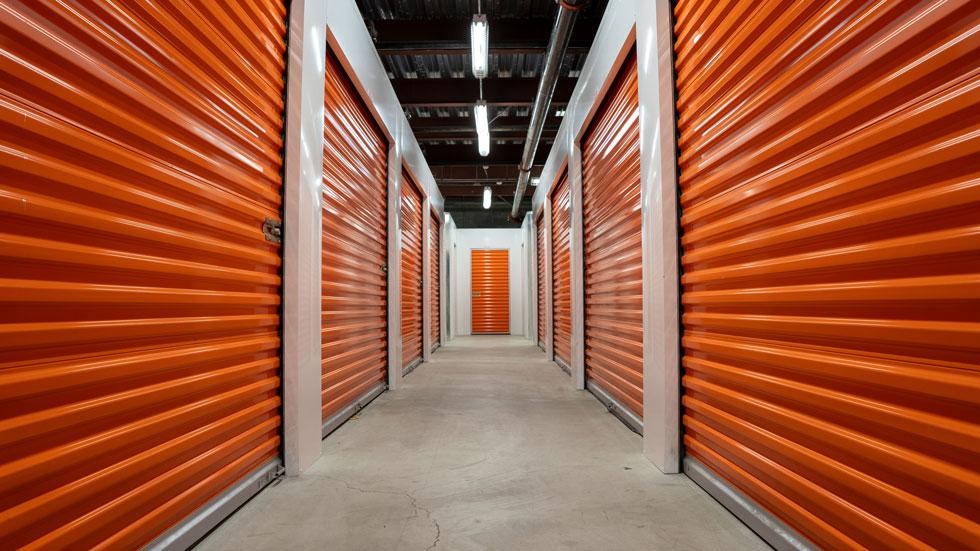
Self-storage REITs own and manage storage facilities and collect rent from customers. Self-storage REITs rent space to both individuals and businesses. While the designs of self-storage facilities have evolved dramatically over the decades from glorified garages to multi-story, tech-enabled facilities, the functionality and use of storage space has changed little over time.
Having a myriad of demand drivers, the self-storage sector is often described as being recession resistant. Primary drivers include home sales/ownership and life events like marriage, children, divorce, retirement, and death. Work-from-home and decluttering trends, as well as seasonal storage by students, also bolster demand.
Although self-storage experienced strong fundamentals and stock performance through the pandemic, its near-term outlook reflects sluggish demand coupled with ongoing supply. Data from the Nareit Total REIT Industry Tracker Series (T-Tracker®) indicate that self-storage fundamentals have been strengthening. The value of the sector’s property development pipeline has dropped by nearly 30% on a year-over-year basis as of the second quarter of 2024.
Despite some weakness in supply and demand fundamentals, self-storage REITs posted solid total returns in August 2024. The FTSE Nareit All Equity Index showed that self-storage was the best-performing sector of the 13 public equity REIT property sectors for the month; its total return was 13.3%.
Self-storage REITs remain well-insulated from fluctuating interest rates. As of the second quarter of 2024, Nareit T-Tracker data show that fixed rate and unsecured debt accounted for 84.5% and 93.7% of total debt, respectively. Disciplined balance sheets and access to unsecured debt provide competitive advantages to these REITs over typical property investors.
- 5: The peak leasing season for self-storage occurs in the spring and summer; it typically focuses on five months: March, April, May, June, and July.
- 5.6%: Nareit T-Tracker data from the second quarter of 2024 indicate that the sector’s average REIT implied cap rate was 5.6%; the same level that it was one year ago.
- 83,769 MW: Self-storage REITs produced 83,769 megawatts (MW) of onsite renewable energy in 2022 (the most recent data available); one MW can generally power 1,000 homes.
Below is a list of Nareit member companies from the self-storage sector.
Self-Storage REITs
FTSE NAREIT Equity Self-Storage
- Constituents: 4
- One-Year Return: 34.72%
- Three-Year Return: 5.51%
- Five-Year Return: 11.60%
- Dividend Yield: 3.64%
- Market Cap: $106.12 billion
- Dividends Paid (2024Q2): $1.13 billion
- NOI (2024Q2): $1.74 billion
Source: FTSE, Nareit T-Tracker®
As of August 31, 2024